Last week, Amy Collier and Jen Ross talked about the idea of “not-yetness” at the #OpenEd15 Conference in Vancouver, BC. They connected the idea of not-yetness in terms of the messy, risky and frustratingly hard experiences that educators and learners go through with emerging digital learning.
When I asked my son, “What does ‘not-yet’ mean to you?” he responded, “Don’t do whatever you are doing”. Alternatively, when I asked my daughter the same thing, she said, “You can’t do whatever you’re doing right now, but you can do it later.”
Different reactions to the same words. Like my son, when I hear “not yet,” I hear, “Stop doing that!” In fact as an innovator and teacher who thinks outside of the box, I was often told, “not yet” when I told others about an idea. Although curious by nature, I feel hesitant and lose confidence when I hear the words, “not yet”.
However, my daughter’s response intrigued me. Why did she hear something else when she heard the words, “not-yet”?
I thought about my favourite t-shirt with the following image on it:
My daughter laughs when I wear the t-shirt. She loves the idea of no boundaries and always thinking outside the box. My son has asked me to take the t-shirt off because it breaks all the rules and it isn’t right.
The best thing about the topic of “not-yetness” for a blogpost, is that the chapter Complexity, mess, and not-yetness: Teaching online with emerging technologies (Collier & Ross, in press), is “not-yet” published in the forthcoming second edition of Emerging Technologies in Distance Education. So I can write about the possibilities of “not-yetness” ahead of time, I can break all the rules and I don’t have to be right.
Based on the context of messiness and not-yetness in digital learning, in her ET4Online Plenary talk Ross said that, “We can use (not-yetness) to tell new stories about what teachers, students, developers, designers and researchers are doing in our digital practices, and why it is hard, and why it matters. We can take better account of issues of power, responsibility, sustainability, reach and contact in digital education. We can be more open about the work of education.” (2015)
The idea of, “not-yetness” appears to encourage learners to learn without barriers, take leaps of faith and trust the process. Learners are encouraged to be independent and driven by self-directed inquiry while using collaborative learning strategies when they need some extra support or want to discuss an idea.
“Not-yetness” reminds me of the idea of the Growth Mindset. “In a growth mindset, people believe that their most basic abilities can be developed through dedication and hard work—brains and talent are just the starting point. This view creates a love of learning and a resilience that is essential for great accomplishment. Virtually all great people have had these qualities.” (Dweck, 2006)
When my daughter defined “not-yetness” she added, “My teachers tell me, “Instead of saying ‘I can’t do it’, say ‘I can’t do it yet’.”
I didn’t learn to teach using digital tools by following the same set of rules and guidelines I used when I learned how to teach in a regular f2f classroom. I learned by trial and error, hours of practice, development of skills I never knew I had, knew I needed, or even knew existed. I learned to code, embed, ask questions, collaborate, connect, and trust the process. I learned that it’s ok to fail one day and succeed the next and that failure can feel good and success can feel bad. I learned to give up control and focus on listening to others. I learned to push boundaries and look for alternatives. I learned that there are worlds out there in which I can learn – that I don’t know anything about, and that’s ok.
Whether you are a believer in “not-yetness”, growth mindset, or otherwise, the power of the unknown can motivate and challenge learners. It is wrong to take away the magic of the “not yet” when it is full of potential learning energy. Next time you hear or say, “not-yet” take a moment to think about the context and consider if you are encouraging or preventing new learning from happening.
Dweck, C. S. (2006). Mindset: The new psychology of success. New York: Random House.

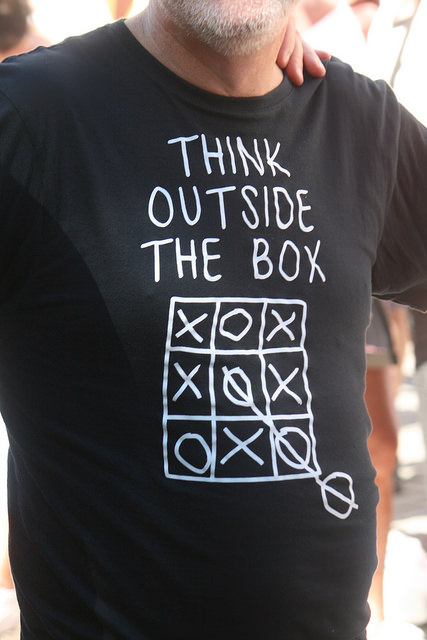
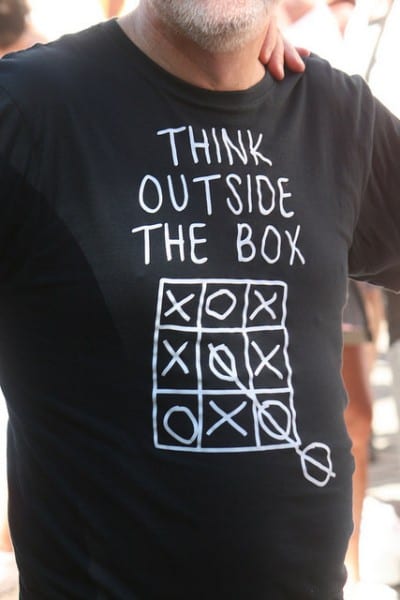
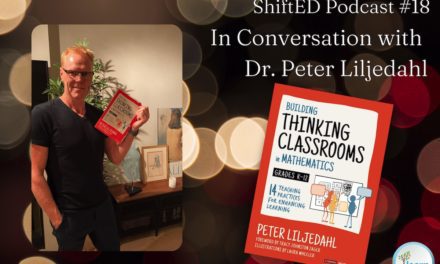

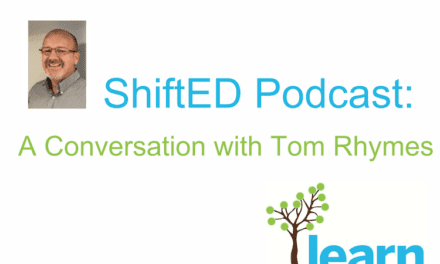
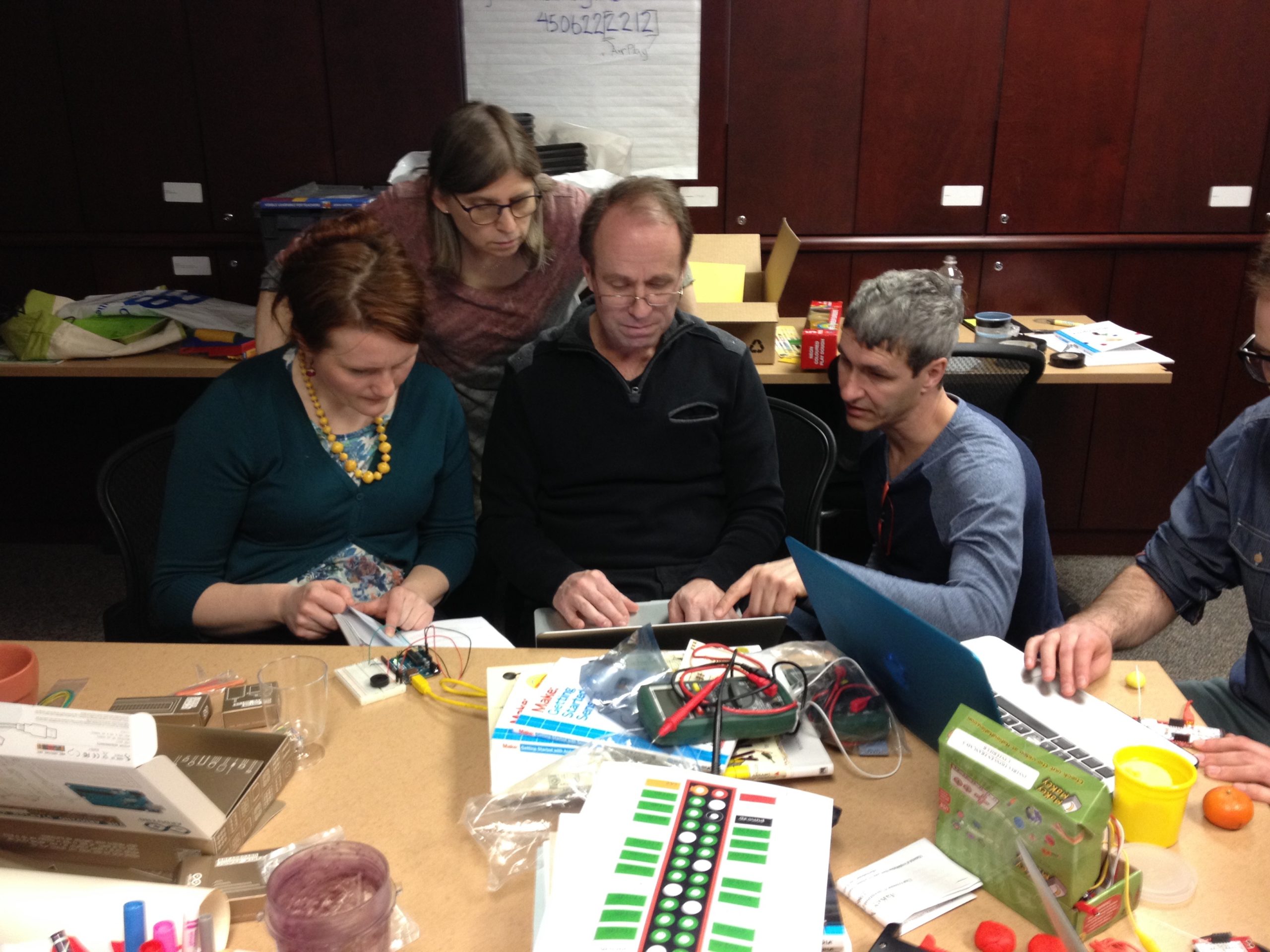
Implicit in this discussion is the essence of agency and not always waiting to be told you can do this now. Challenging the system and finding your own voice in a system that pushes children/people into conventionality as defined by others.
Well done Verena!